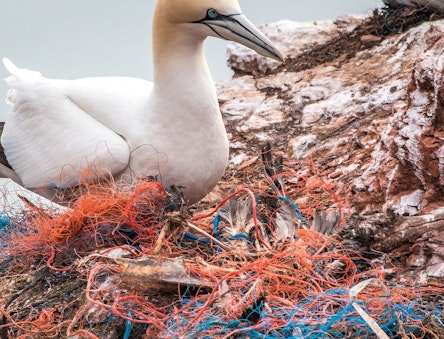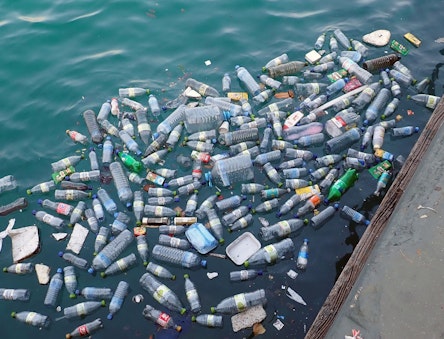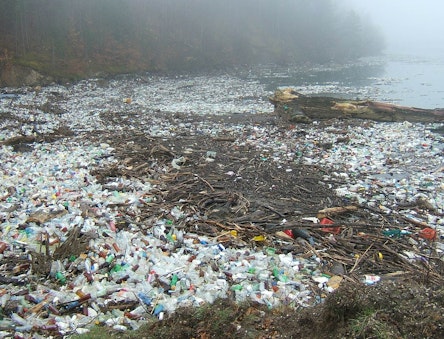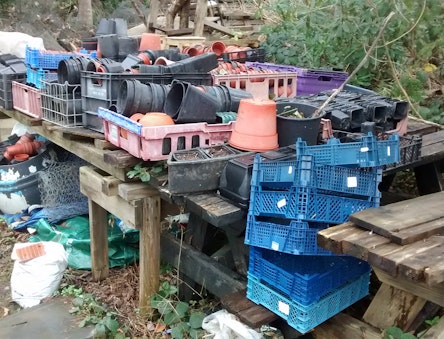Plastics, Plastics!
The billions upon billions of items of plastic waste is choking our oceans, lakes, and rivers and piling up on land. It is both unsightly and harmful to plants and wildlife – the cost to the environment is huge.
Plastic pollution is very real and single-use plastics are small but have a large impact. Why are plastics a problem and what can we do about it?
This workshop gives the opportunity to find out more about plastic, find out why it is a problem and explore solutions. Form a panel of experts to offer solutions and advice and work on a campaign to take back to school to reduce the use of plastic where you live.
Key Info:
- Duration 60 minutes
- Suitable for Key stage 2 – 4
- Focus on sustainability with links to the literacy framework
- The tour involves access to the CAT site, suitable footwear and outdoor clothing is essential suitable for practical work.
- Cost £60 per session
- This activity can be extended with the development of a campaign on return to school
Workshop overview
What happens:
The workshop begins with a look at how plastic is made and why it is a good material. We then go on to explore why plastic has become such a problem. Pupils find out about microplastics, plastics in everyday use and recycled materials.
Pupils consider alternatives to use of single use plastics and identify an area of single use plastic on which they would like to influence or bring about behavioural change. Pupils work together in groups to identify what the problems with plastics are where they live or go to school and how they could influence others to make more sustainable choices. They form a panel and present their initial ideas to the rest of the group.
At the end of the activity pupils visit the CAT site to look for recycled materials and alternative materials used in buildings around site.
Location:
The workshop takes place on the main CAT site
Enrichment Activities:
- An estimated 500 million plastic plant pots are in circulation every year. Make a pot using alternative materials and plant a seed to take back to school. Suitable for residential groups only.





